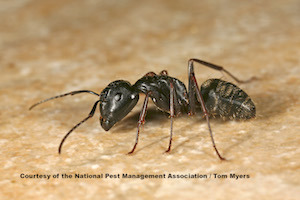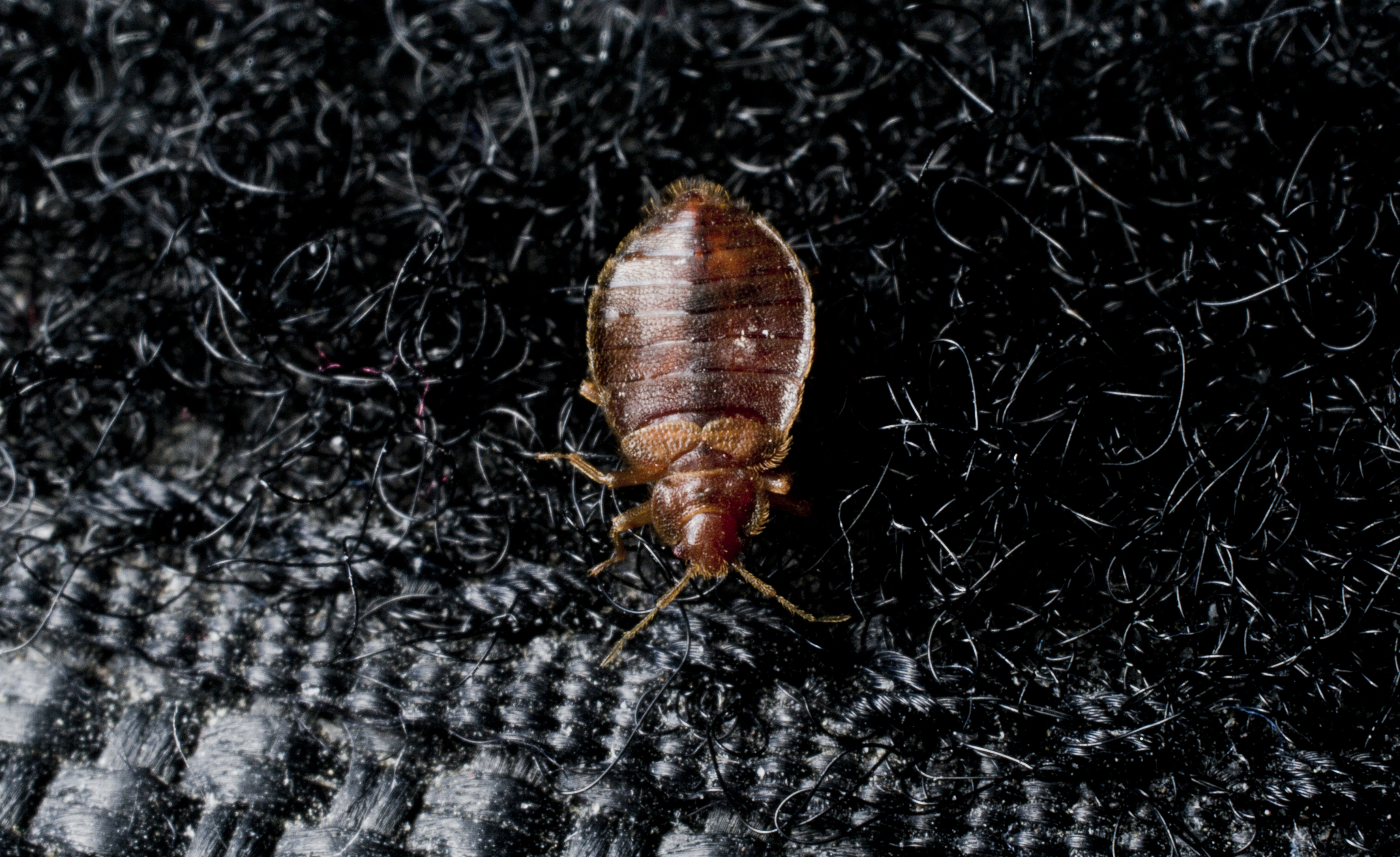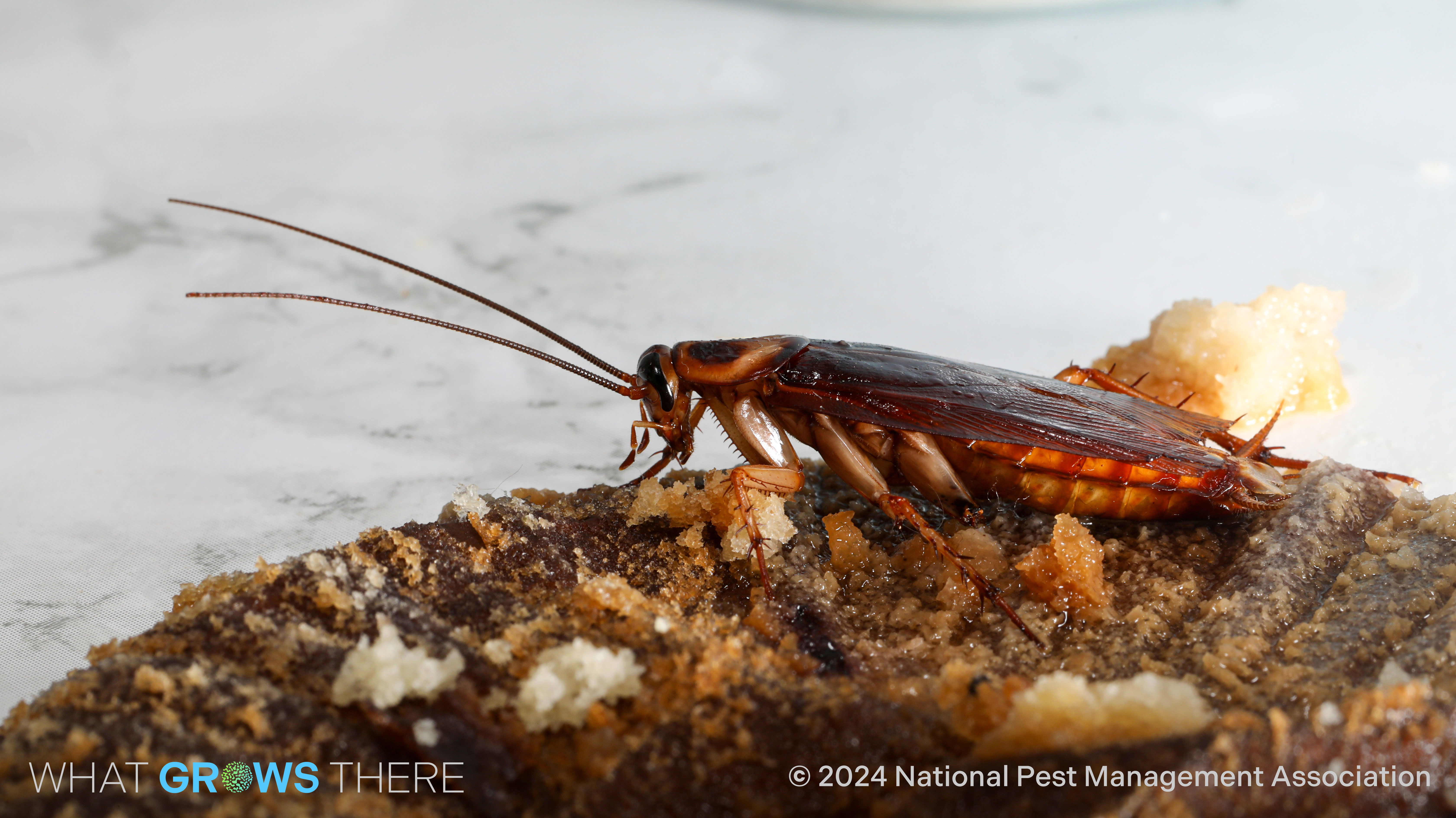Are You Prepared for the Cicada Chaos of 2021? Here’s What to Expect
In an event that sounds like it was pulled from a horror movie, billions of Brood X cicadas will emerge from the ground for the first time in 17 years to mate and lay eggs. This natural phenomenon is expected to begin this May in 15 states, and it will truly be a sight to behold. When Brood X cicadas emerged in 2004, news headlines read, “17-Year Cicadas Answer Cue With a Crunch Across the East” (The New York Times, 2004) and “Cicada Invasion Begins” (CBS News, 2004). As their emergence grows near, many Americans residing in the impacted states are left wondering what exactly this may mean for them. And things will get weird…

It is going to be LOUD! To attract mates, cicadas use a special structure on their abdomen known as a tymbal to produce a loud buzzing sound. They are known as the loudest insect in the U.S. and in large groups this sound can reach as high as 100 decibels. That’s about as loud as a power lawn mower, jack hammer or garbage truck.
- Tip: If you are sensitive to loud noises, wear a pair of ear plugs or put the AirPods in noise cancellation mode when spending extended periods of time outdoors.
It may look and feel like it’s raining cicadas. Sounds like something out of an apocalypse movie, right? Cicadas are clumsy fliers and have been known to fly into people or objects that cross their paths. As a result, it is common for cicadas to unknowingly land in your hair, get stuck on your clothes or fly into you home if you leave doors and windows open. Periodical cicadas, however, are unable to breed indoors, so an infestation in your home is not likely.
- Tip: Ensure your doors and windows have screens if you keep them open on warm days.
- Tip: Carry an umbrella, wear a hat or keep long hair tied back when spending time outdoors.
- Tip: Ensure your windshield wipers are working properly and regularly clean your windshield to prevent buildup of discarded shells.
- Tip: Limit the amount of time you spend outdoors during the day. Cicadas are least active early in the morning when temperatures are cooler and during nighttime.

Your yard may be littered with cicada shells. Cicadas emerge from the ground by the hundreds or thousands per acre in their nymph stage. Once above ground, they will shed their shells, which you may find discarded near trees or on the ground.
- Tip: Rake your lawn regularly and discard any left behind shells.
They won’t stick around for very long. Just as quickly as they will emerge, Brood X cicadas will disappear. After spending 17 long years underground, these nuisance pests only live for a few weeks to mate and lay eggs. Six to 10 weeks after the adults die off, the nymphs will begin to burrow underground to feed and grow for nearly two decades.
- Tip: Cicadas can cause cosmetic damage to trees when they lay their eggs on young tree branches. Protect tree saplings by covering them with netting or cheesecloth. Netting should have a mesh of no less than 1/4 inch and should be placed over the trees when the first male songs are heard.
- Tip: Catch them while you can on camera and share what you’re seeing on social media. Be sure to tag @PestWorld in your posts so we can enjoy and share!
While the emergence of billions of cicadas may be unnerving, they are harmless to people. This spectacle of nature only occurs once every 17 years, so be sure to also take a moment to enjoy this natural wonder while it lasts.

Learn About Ants
Ants are a common pest homeowners struggle to eradicate. Learn more about them!

Bed Bug Pest Guide
Traveling for the holidays this year? Be sure to keep an eye out for bed bugs! Use our Pest Guide to help identify this pest.

NPMA's What Grows There? Project
Check out NPMA's What Grows There? project to learn how pests, such as flies, cockroaches and rodents, can spread germs throughout a home.
Find a PEST PRO in your area

Learn About Ants
Ants are a common pest homeowners struggle to eradicate. Learn more about them!

Bed Bug Pest Guide
Traveling for the holidays this year? Be sure to keep an eye out for bed bugs! Use our Pest Guide to help identify this pest.

NPMA's What Grows There? Project
Check out NPMA's What Grows There? project to learn how pests, such as flies, cockroaches and rodents, can spread germs throughout a home.
